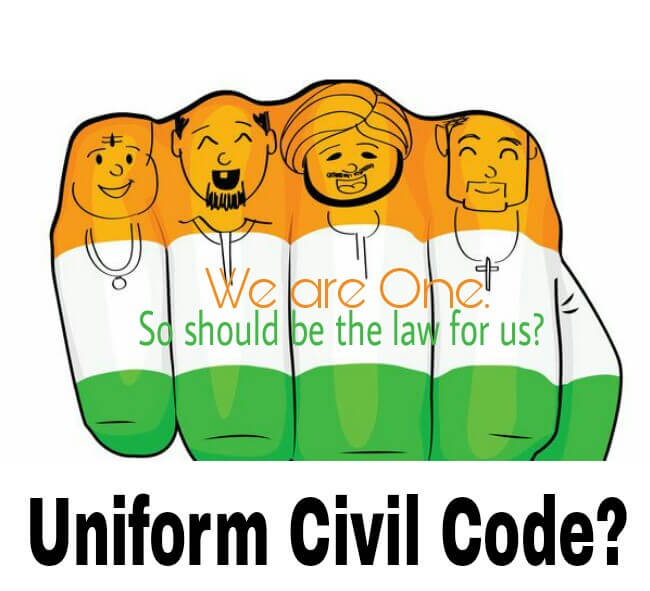Description
Title: Understanding the Uniform Civil Code in India: A Step Towards Equality
Introduction:
The Uniform Civil Code (UCC) has been a topic of debate and discussion in India for many years. It refers to
the idea of having a common set of laws governing personal matters such as marriage, divorce, inheritance,
and adoption for all citizens, irrespective of their religion. In this blog post, we will delve into the
concept of the Uniform Civil Code in India, its significance, challenges, and potential benefits.
1. Historical Background:
To understand the UCC, it is essential to examine the historical context. India, with its diverse religious
and cultural communities, has separate personal laws for different religions. These laws are based on
religious texts and customs, resulting in disparities in rights and treatment of individuals belonging to
different faiths.
2. Significance of a Uniform Civil Code:
a. Equality: The primary objective of a UCC is to ensure equal rights and opportunities for all citizens,
regardless of their religious affiliation. It promotes gender equality, individual freedom, and non-discrimination.
b. Social Cohesion: Implementing a UCC can foster a sense of unity and social cohesion among diverse
communities, emphasizing common citizenship rather than religious identity.
c. Simplification and Streamlining: A uniform set of laws can simplify legal procedures and reduce
complexities associated with multiple personal laws, ensuring a more efficient and accessible legal system.
3. Challenges and Controversies:
a. Religious and Cultural Sensitivities: One of the major challenges in implementing a UCC is the resistance
from various religious and cultural groups who perceive it as a threat to their traditional practices and
beliefs.
b. Political Opposition: Several political parties and religious organizations have opposed the idea of a
UCC, viewing it as an infringement on religious freedom or a form of cultural assimilation.
c. Legal and Constitutional Hurdles: Implementing a UCC requires careful consideration of constitutional
provisions and legal complexities, as personal laws are protected under Article 25 and Article 44 of
the Indian Constitution.
4. Potential Benefits:
a. Gender Justice: A UCC can help address gender inequalities prevalent in personal laws, such as
discriminatory practices related to divorce, maintenance, and inheritance.
b. Secularism and National Integration: A uniform code aligns with the principles of secularism and can
contribute to the integration of diverse communities, fostering a sense of unity and shared values.
c. Legal Clarity and Consistency: A UCC can provide clarity and consistency in personal matters, ensuring a
fair and just legal framework for all citizens.
Conclusion:
The Uniform Civil Code in India is a complex and sensitive issue, encompassing legal, social, and cultural
dimensions. While the implementation of a UCC faces challenges and controversies, it is important to have
informed discussions and debates to ensure that the principles of equality, justice, and individual freedom
are upheld. Striking a balance between religious freedom and the need for a common set of laws is crucial to
achieve a more inclusive and egalitarian society.
Note: This blog post is intended for informational purposes only and does not constitute legal advice.

Tags:
uniform civil code india, equality, legal reforms, personal laws, indian constitution, religious laws, gender equality, secularism, legal uniformity, civil rights












